by Abigail Finch
This year’s Claudio Segre Prize for Best History Honors Thesis went to Abigail Finch, a history major at the University of Texas at Austin. Her thesis chronicles the history of horse-drawn transport and the transformation of the image of a horse from industrial machine to human companion. Read her abstract and biography, and see some images of early twentieth century horse-drawn carriages, in the space below.
Abstract:
The transition from equine transport to electric car began very slowly in the 1890s. Gasoline-powered automobiles hastened the transition shortly after the turn-of-the-century, but still it moved at a snail’s pace. Certain commercial horse-drawn transport methods, such as milk carts and mail carts, continued well into the 1920s and 30s. This thesis will investigate the multiple values of the horse as an industrial machine, as well as attempt to understand the shift that transformed the horse’s image in the human mind from a power source into a living, breathing, and kindhearted companion. This shift did not occur overnight. Regardless, the introduction of electric transportation created a crisis in the city as cars and horses struggled to coexist, and change became necessary.
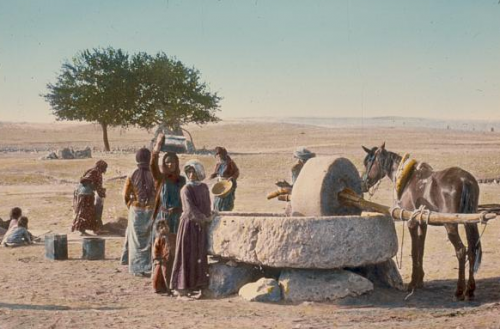
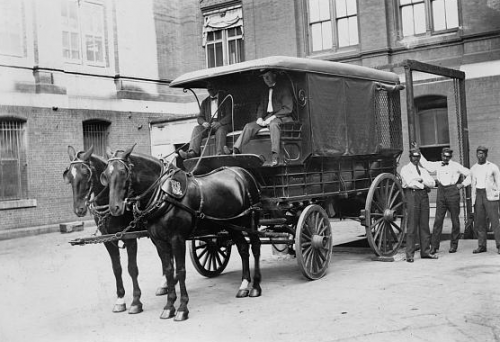
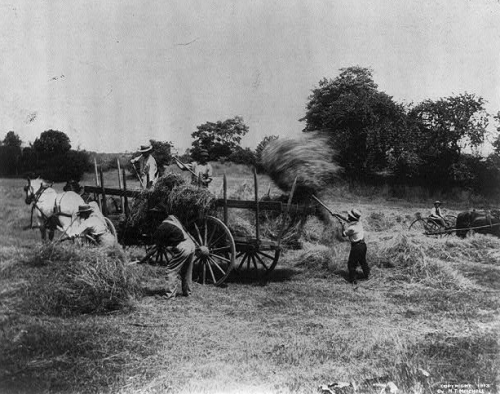
Interest in the urban horse spurred two thought provoking books: The Horse in the City: Living Machines in the Nineteenth Century (2007), written by Clay McShane and Joel A. Tarr; the second Horses at Work: Harnessing Power in Industrial America (2008) by Ann Norton Greene. Both books provide insight into the multiple values of the horse as an industrial machine. Numerous academic articles published in the last decade will also provide useful secondary source material. The New York Times archive, Humane Society periodicals from Massachusetts and New York, and 19th century books published on animal rights provide me with a firm foundation of primary source material. Through the use of these sources, I will ascertain the concerns of the nineteenth century public regarding the position of the equine in the city, as well as the various purposes it served, and which positions it continued to serve even after the “golden age” of the horse was past.
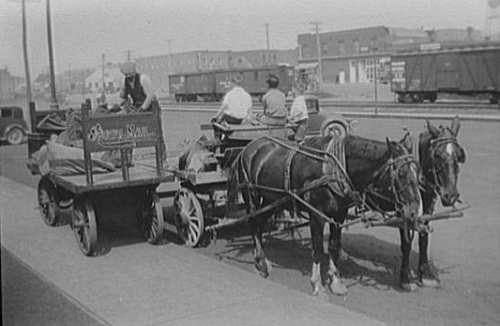
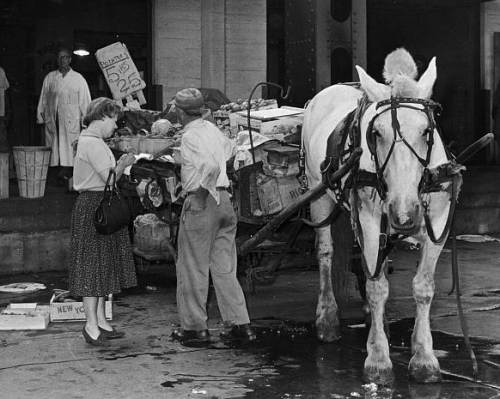
About Abigail Finch:
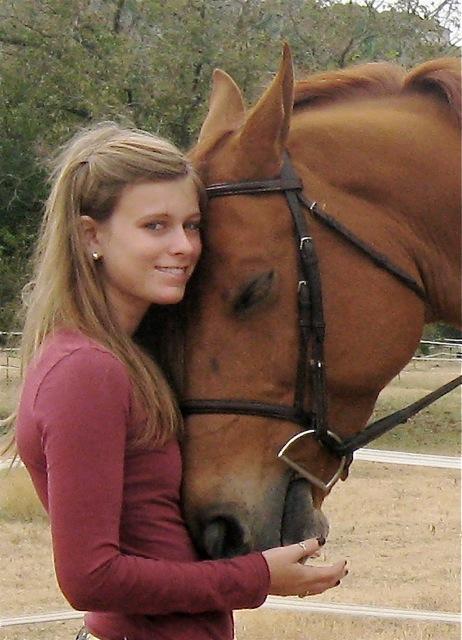
Abigail Finch began her higher education at Mt. Holyoke College, where she first fell in love with American History. A Texan at heart, Abigail made the decision to transfer to University of Texas at Austin in 2009, and completed her BA from the College of Liberal Arts in the spring of 2012 with High Honors and Phi Beta Kappa. Abigail is an English and History major, and a student of the History Honors Program. An avid equestrian, Abigail came to her thesis topic through a desire to merge her passion for horses and her interest in American History.
Photo credits:
All images courtesy of the Library of Congress.



